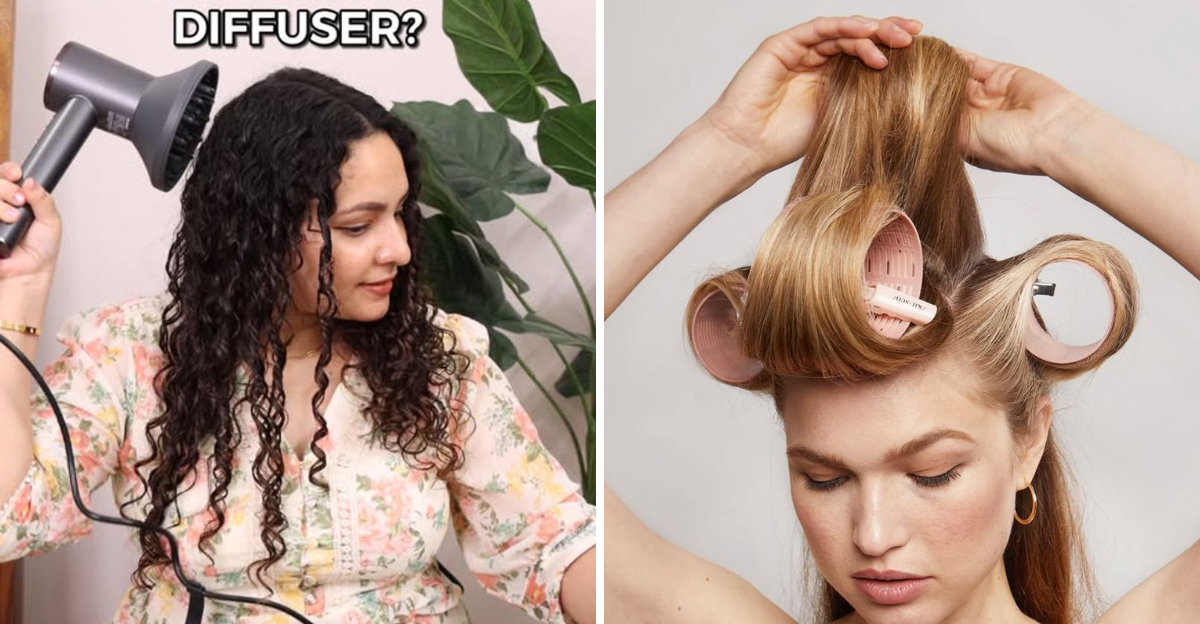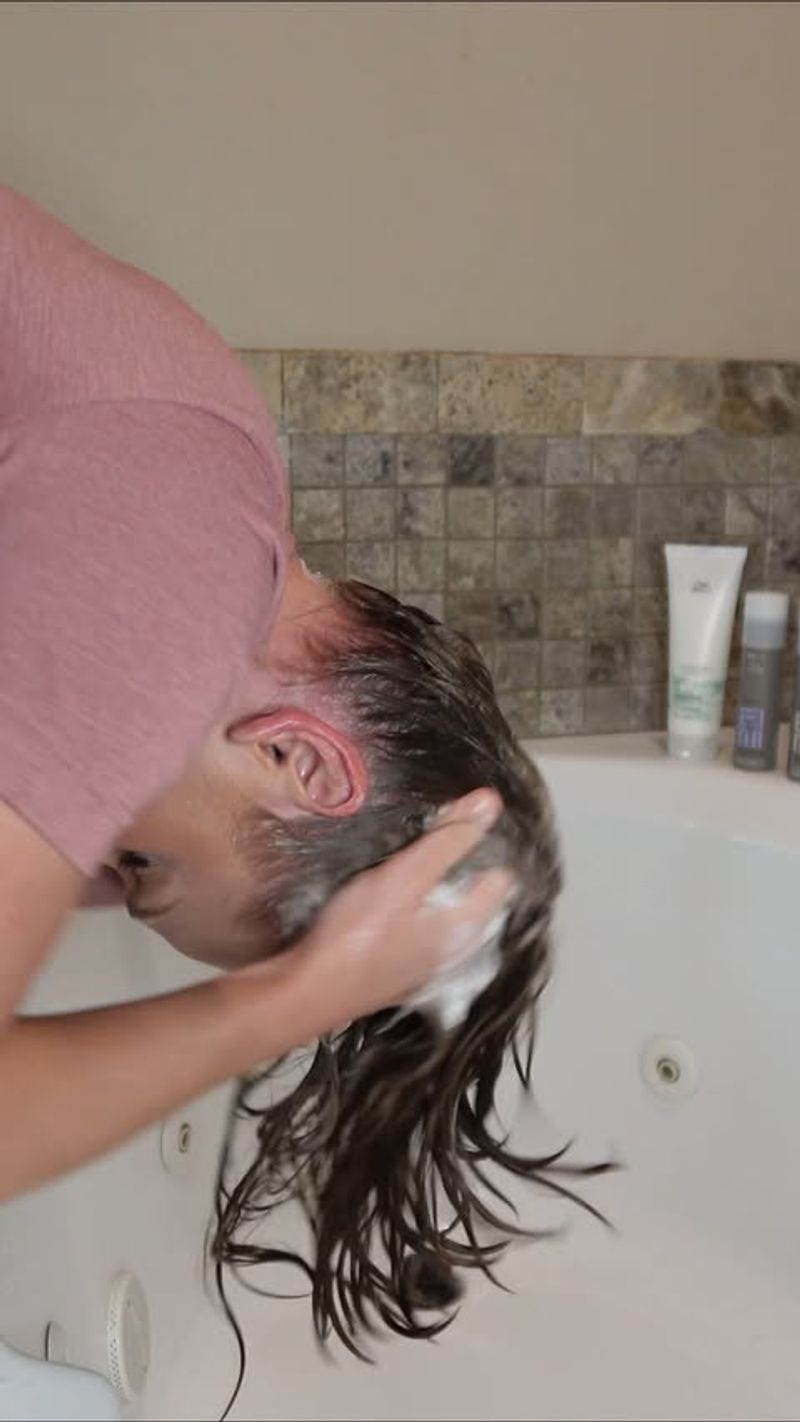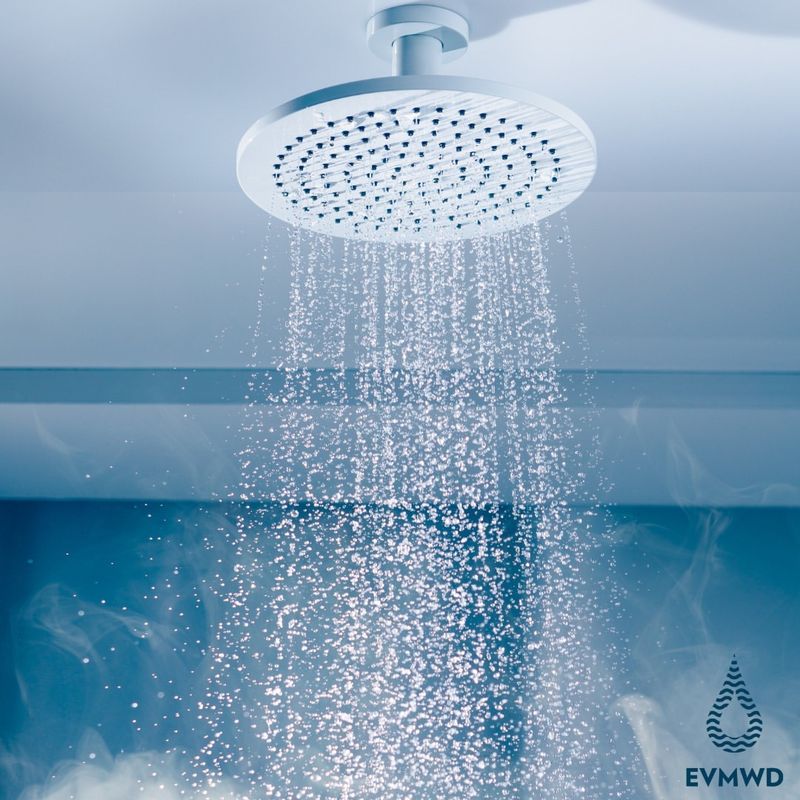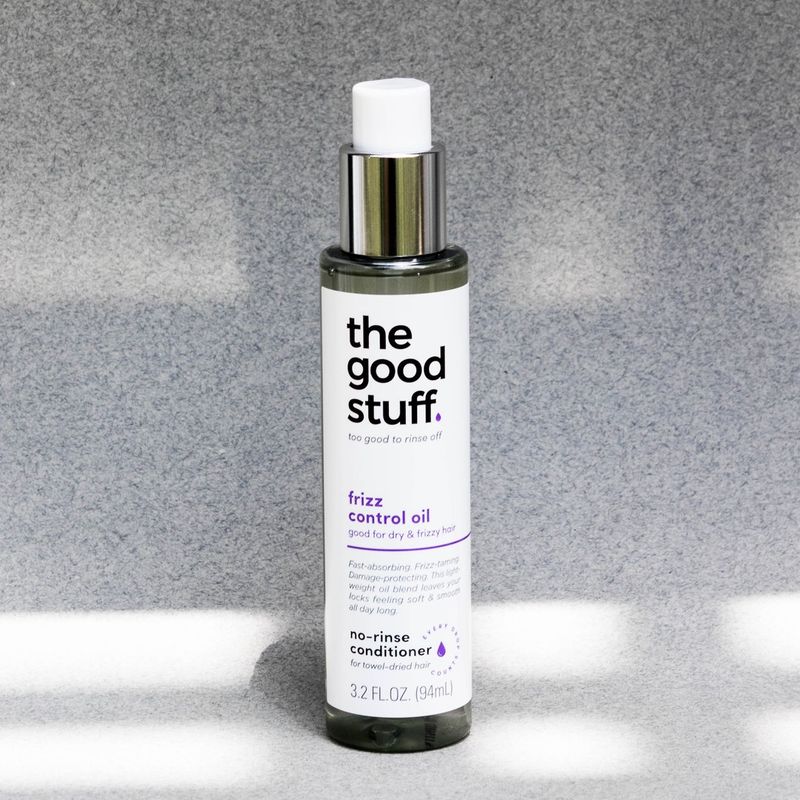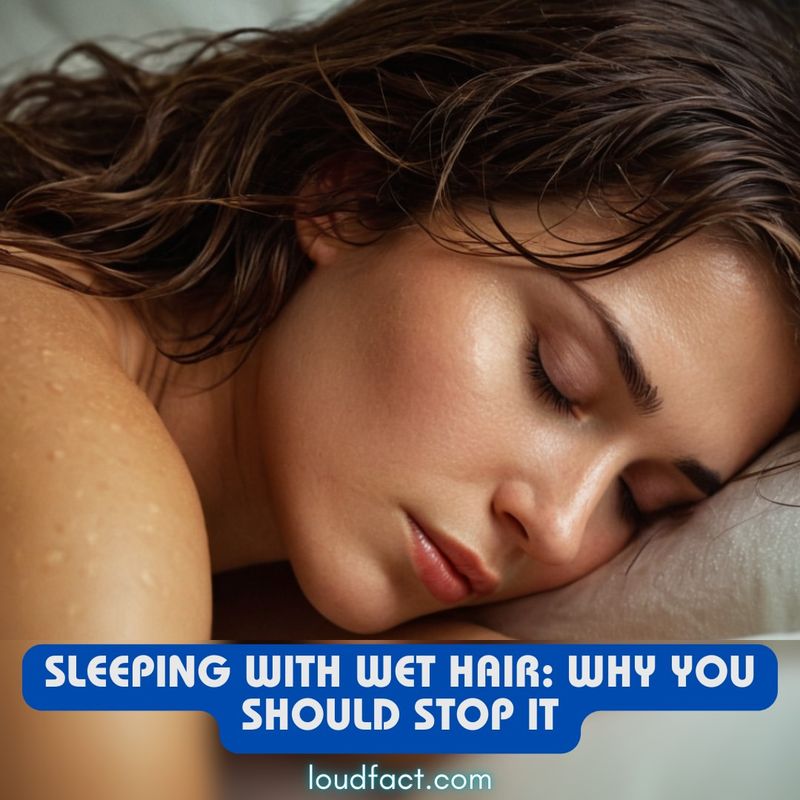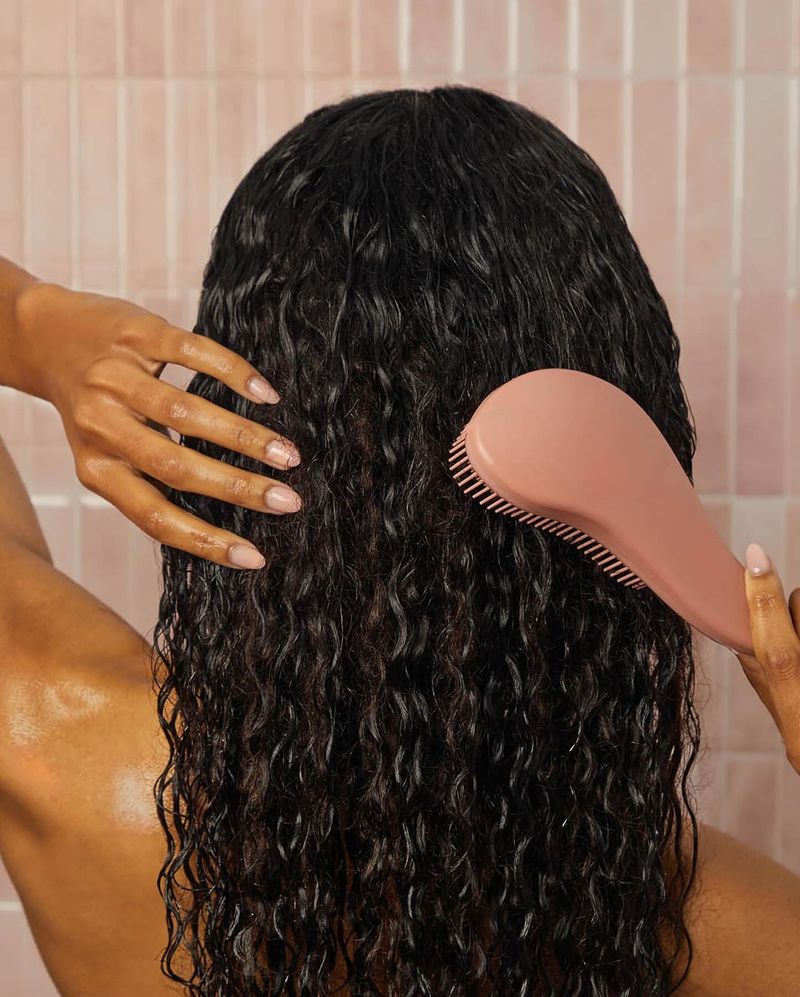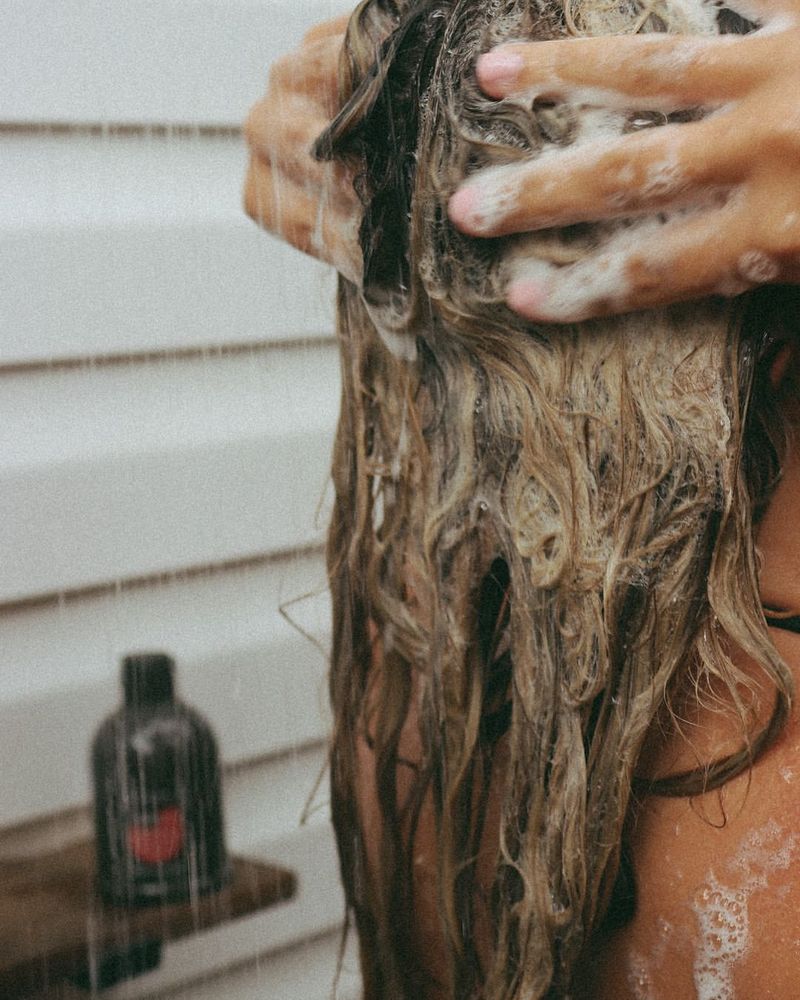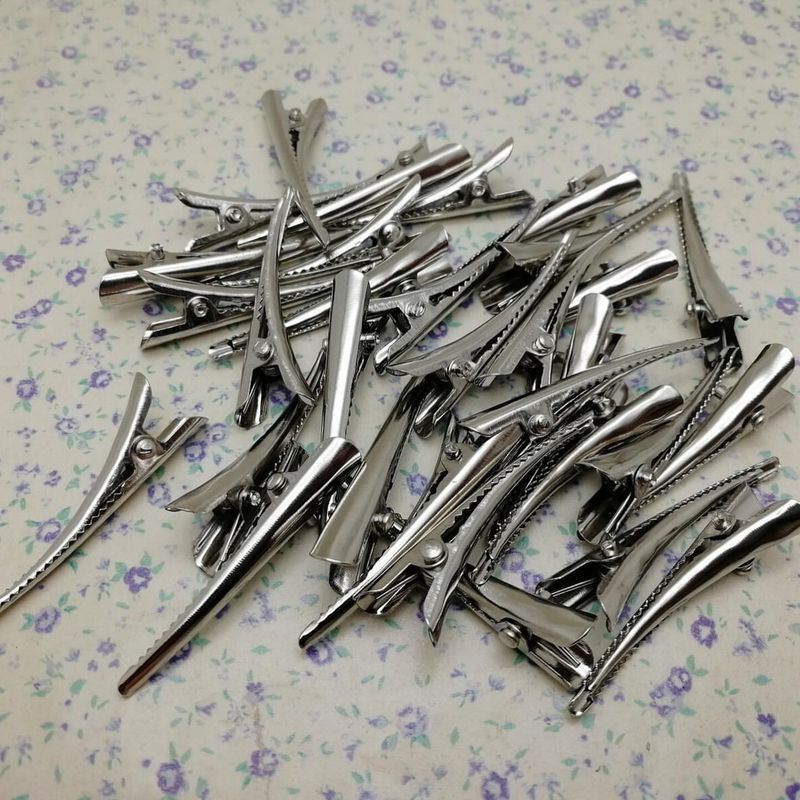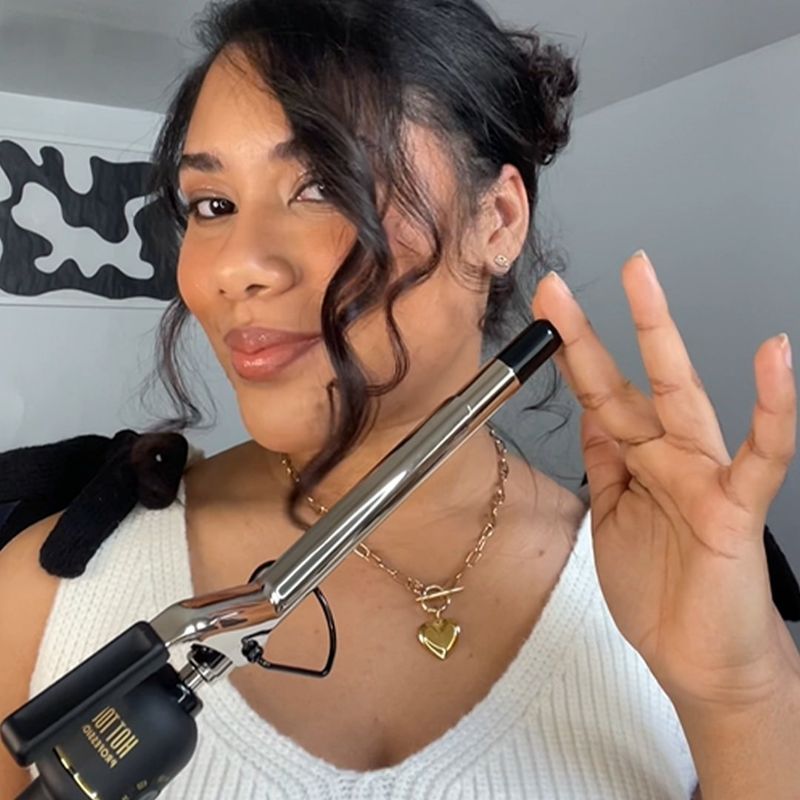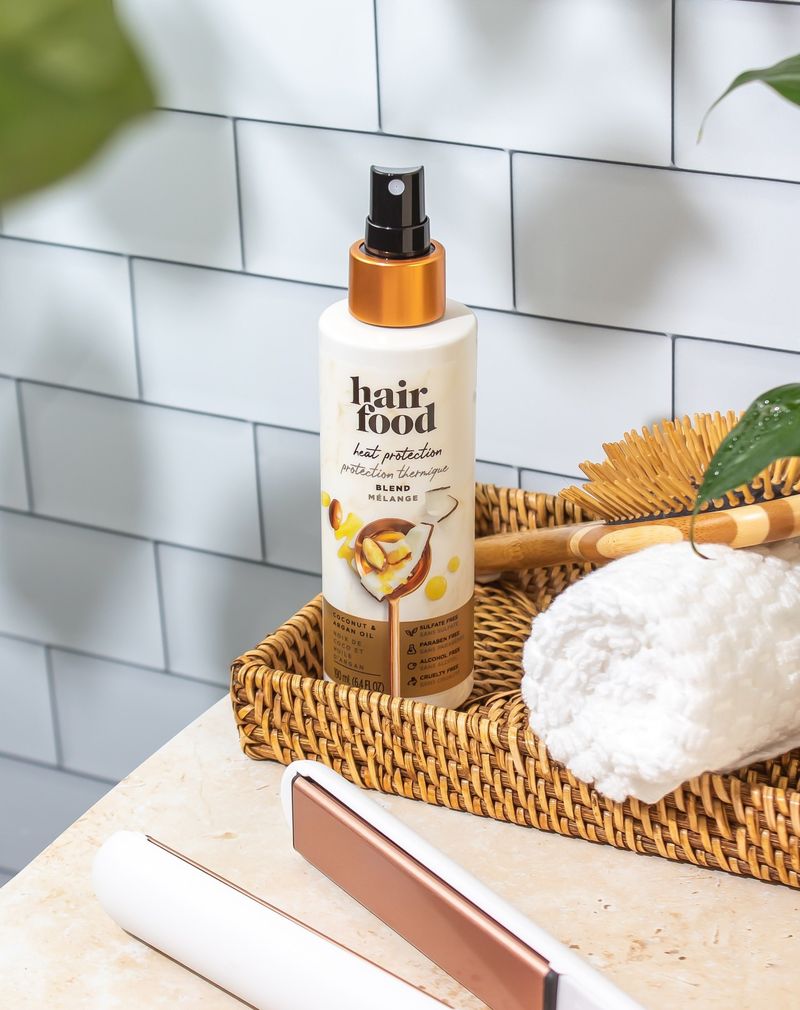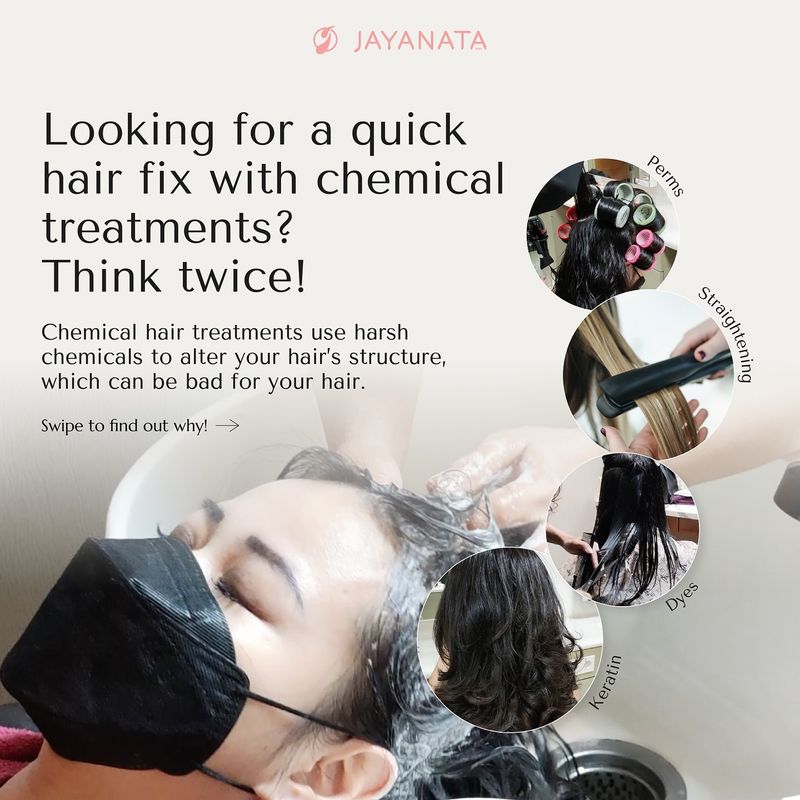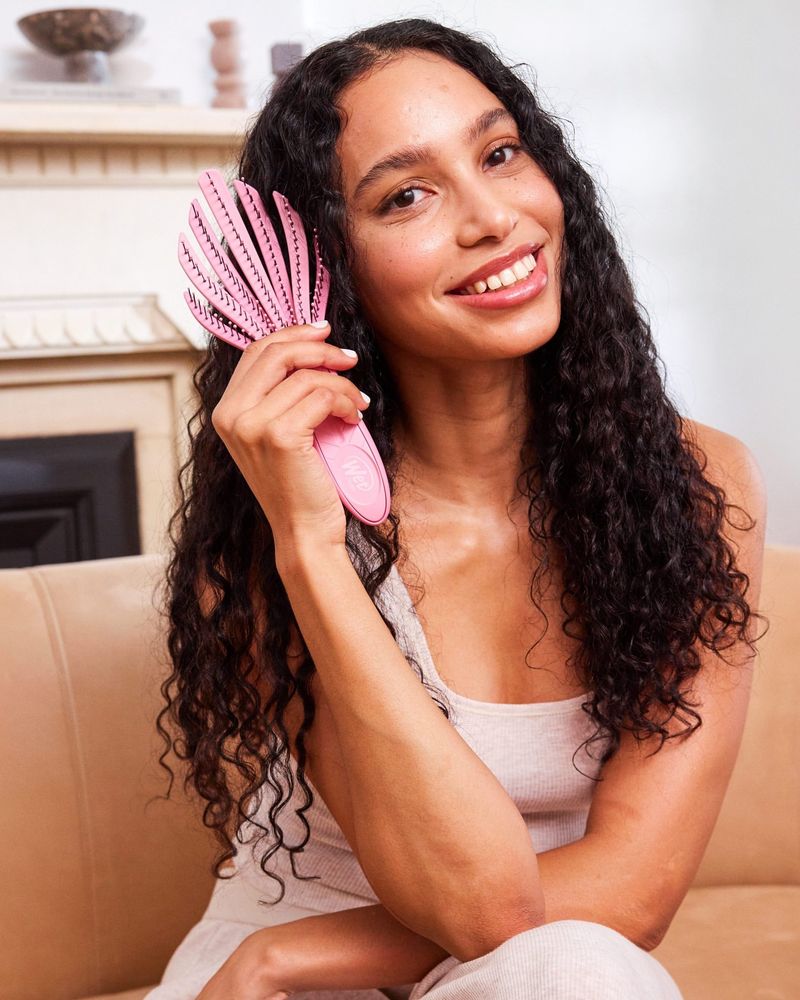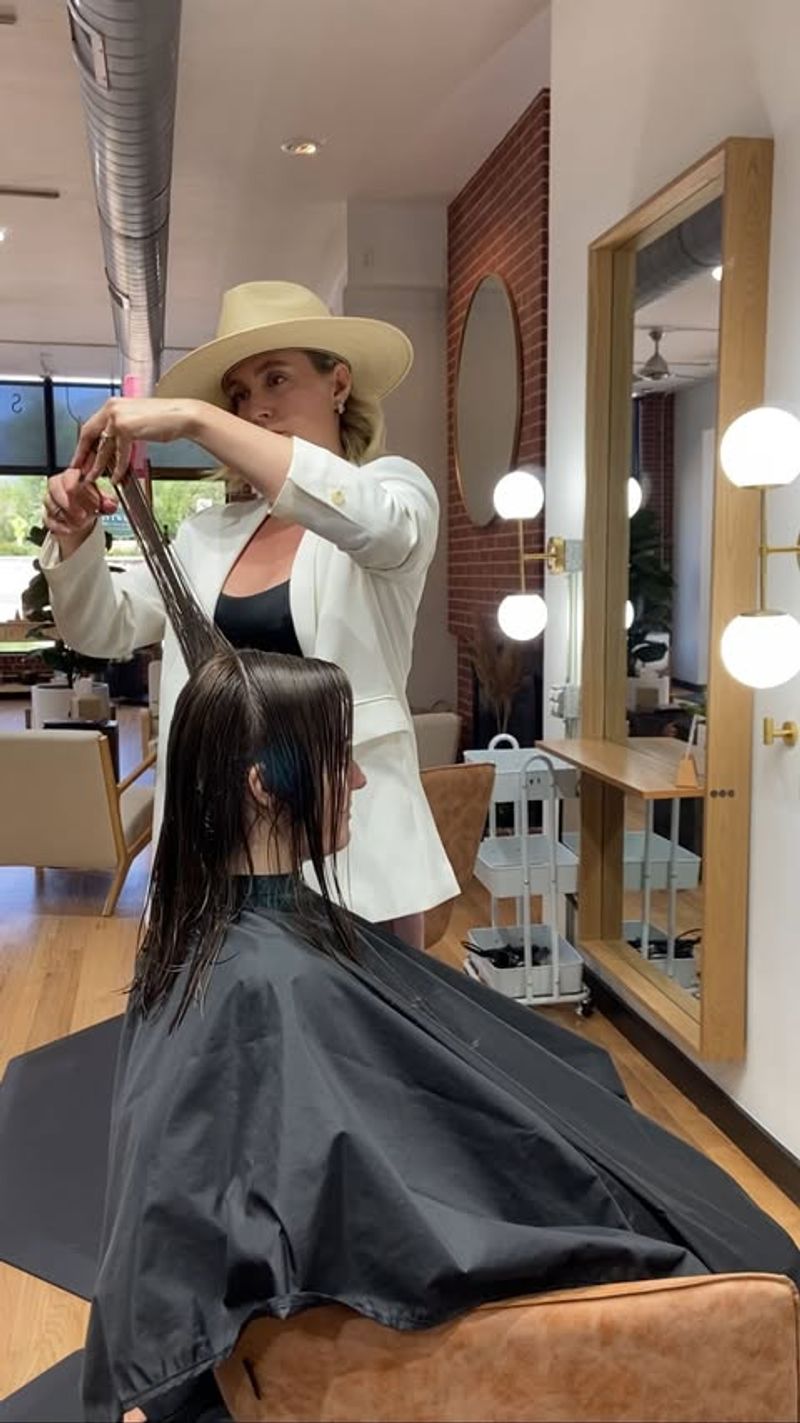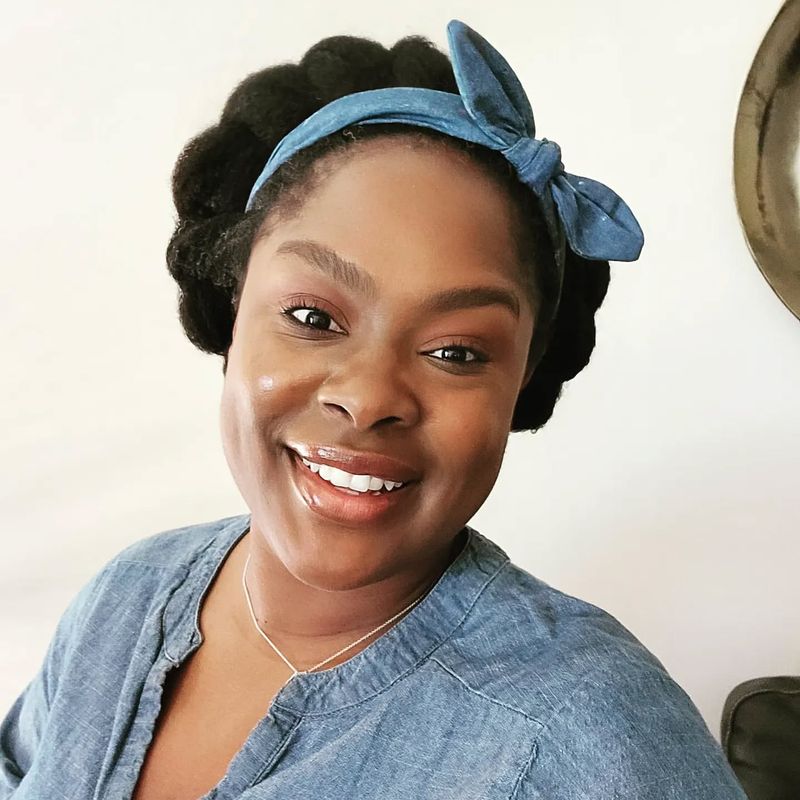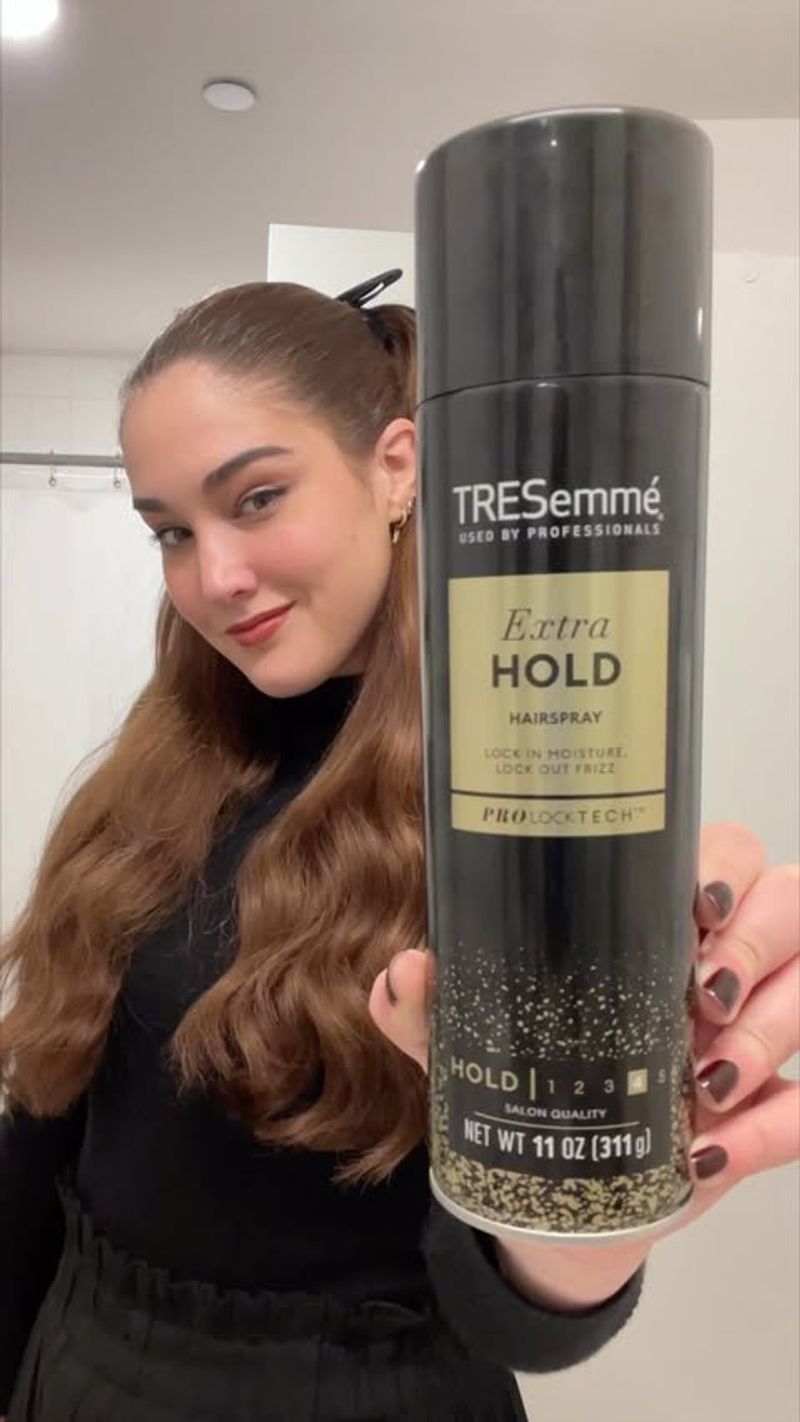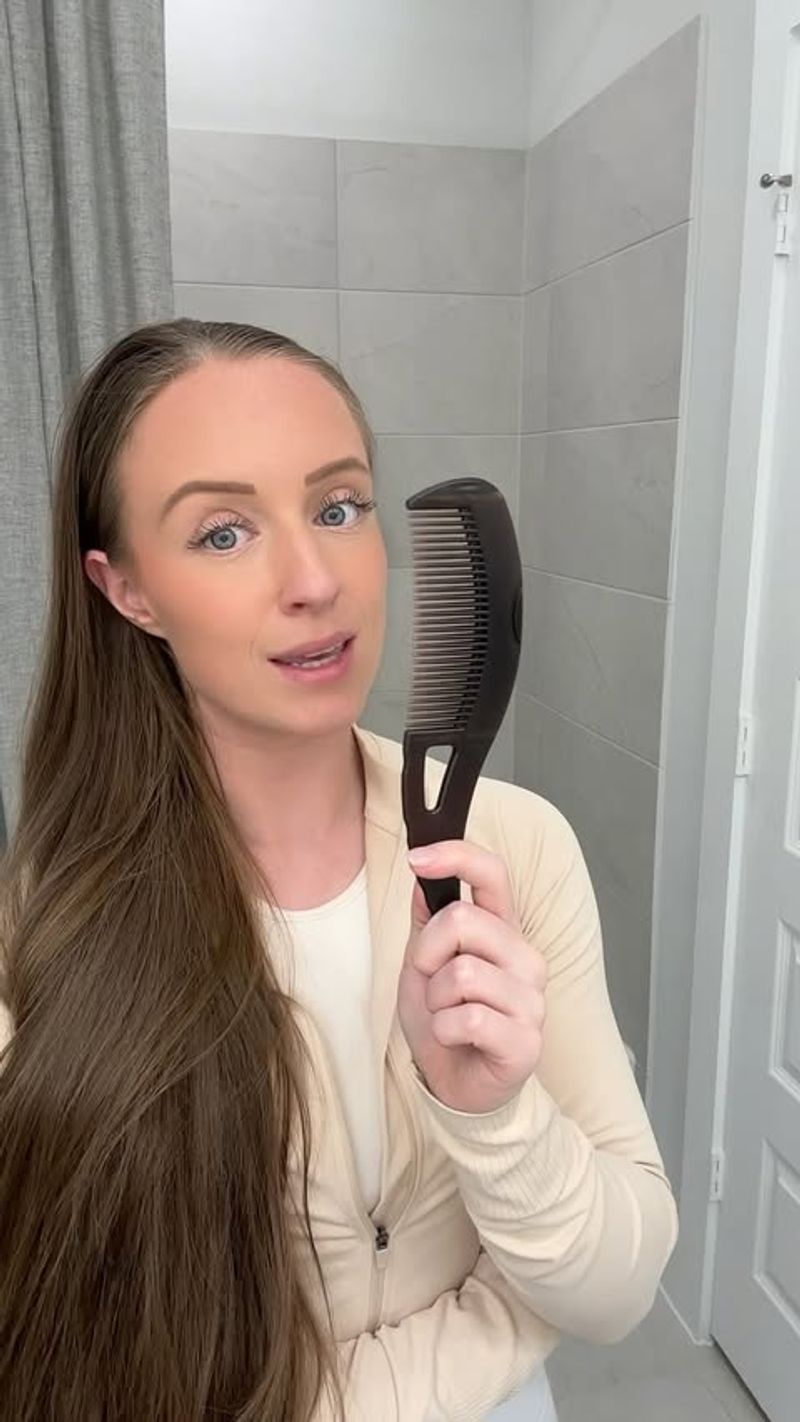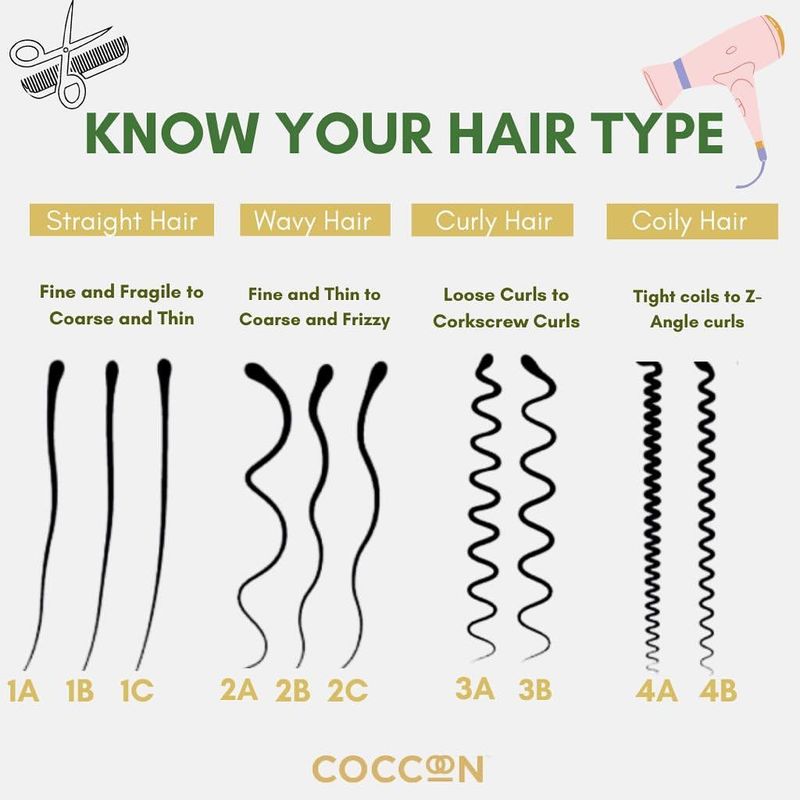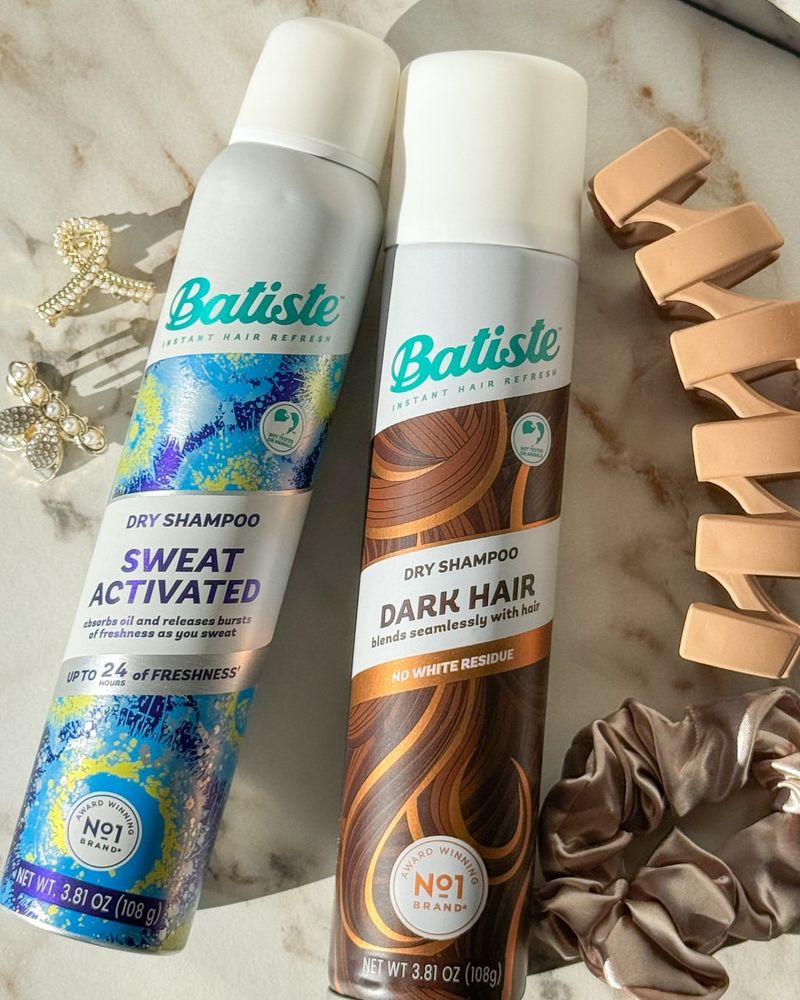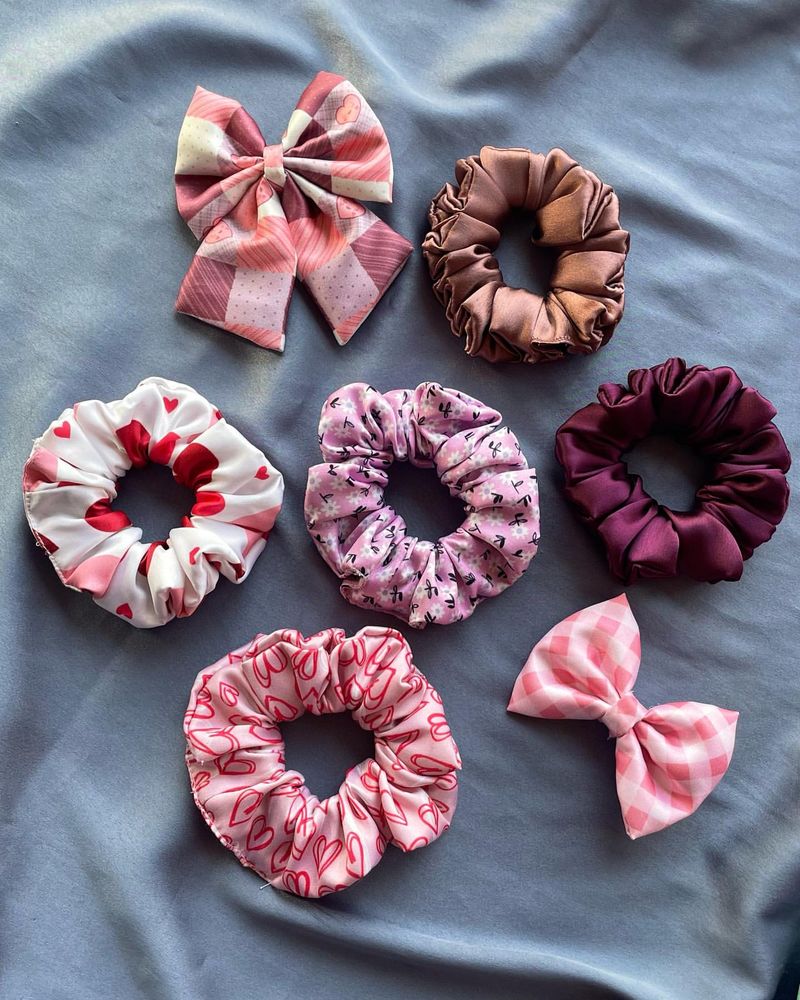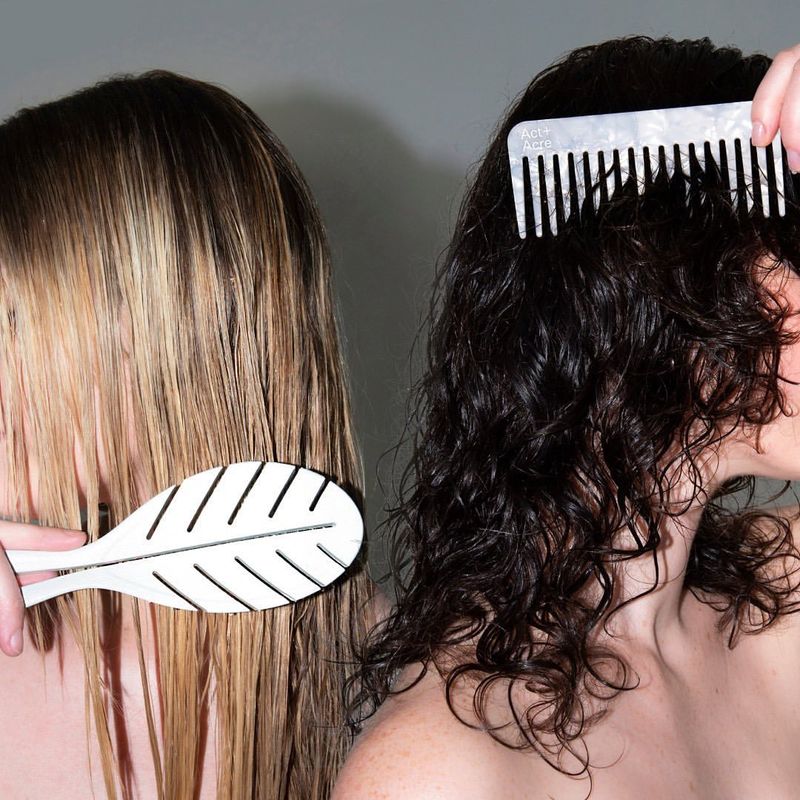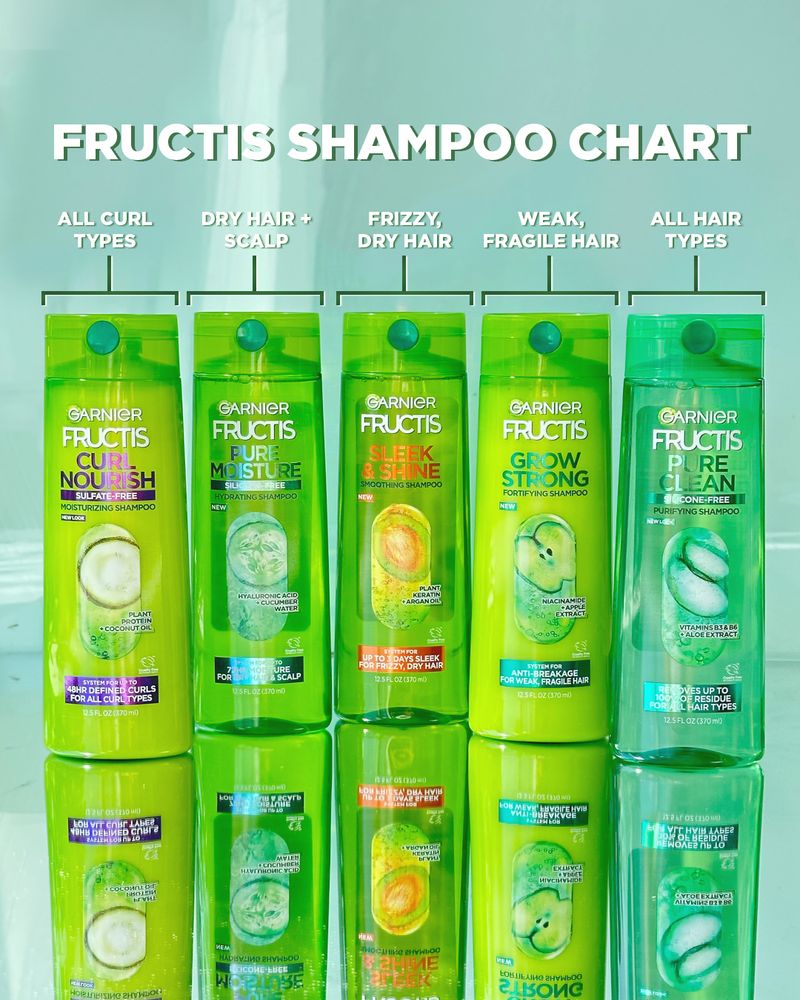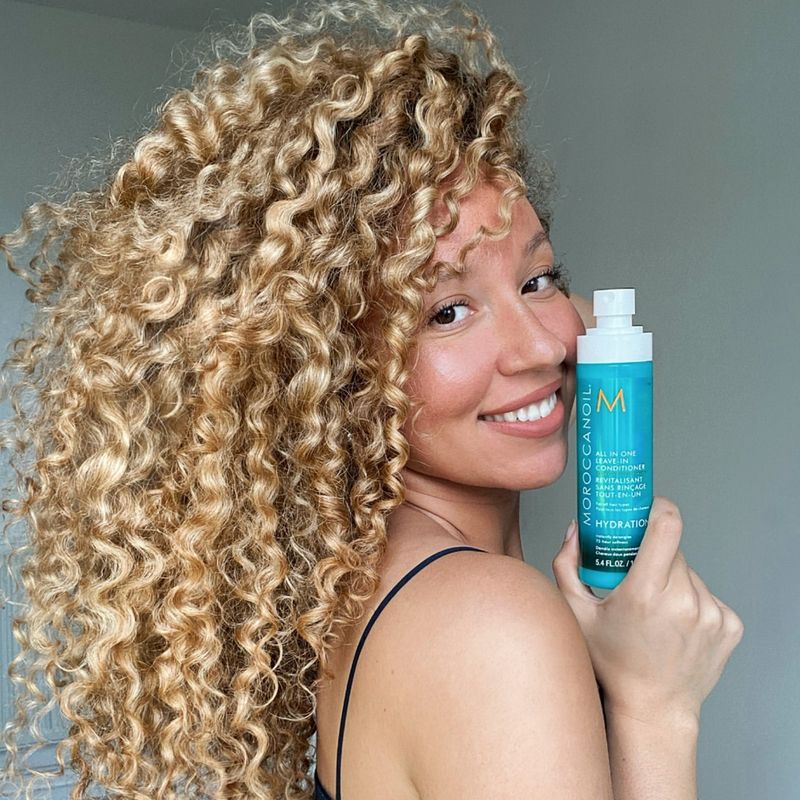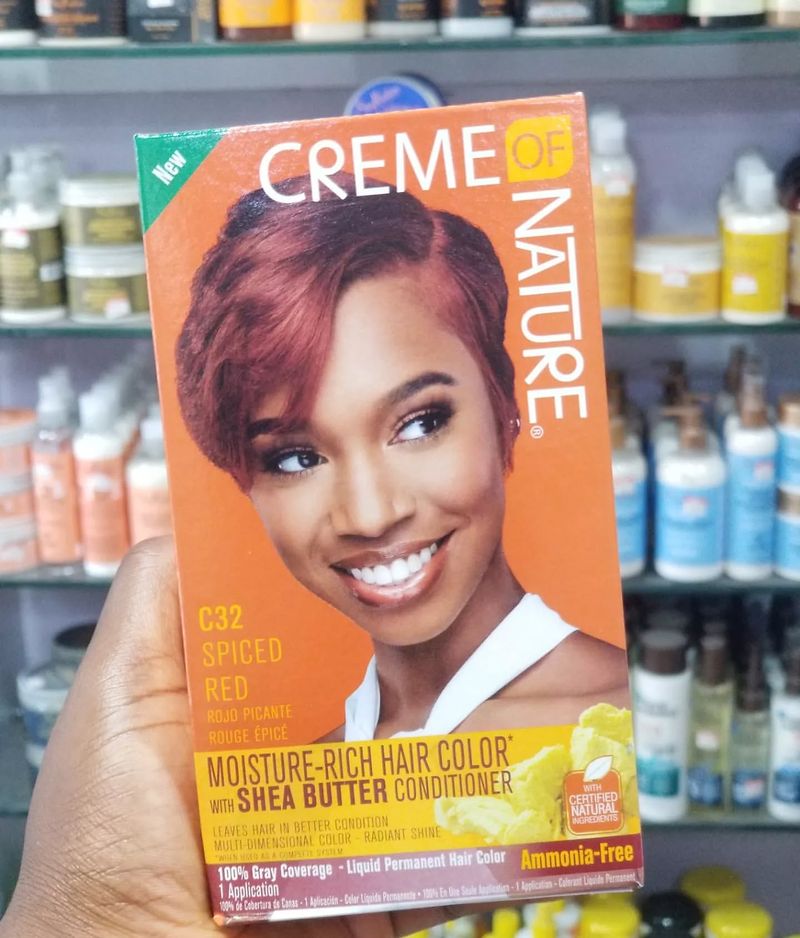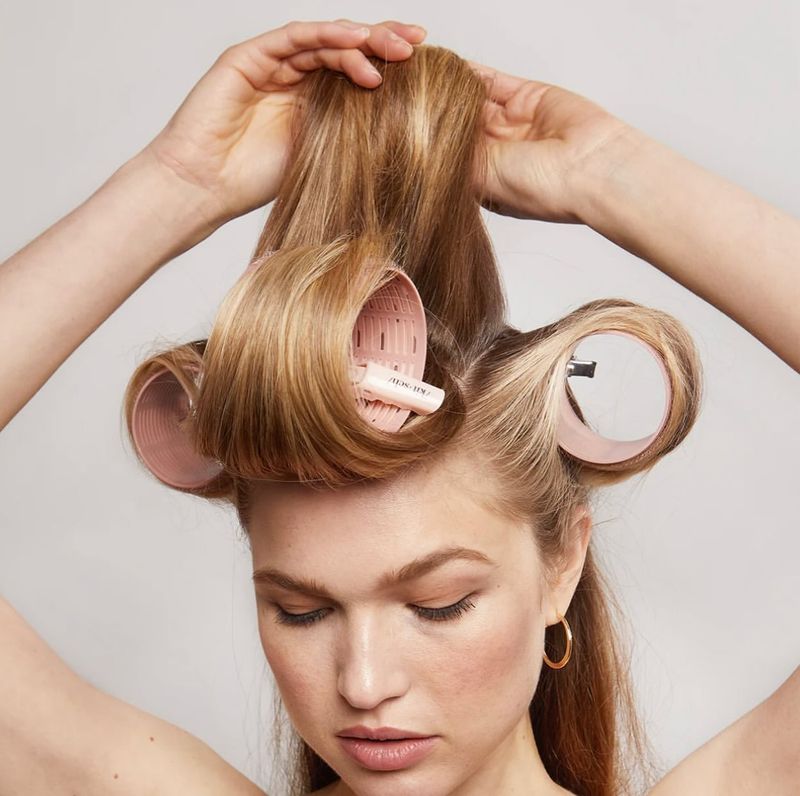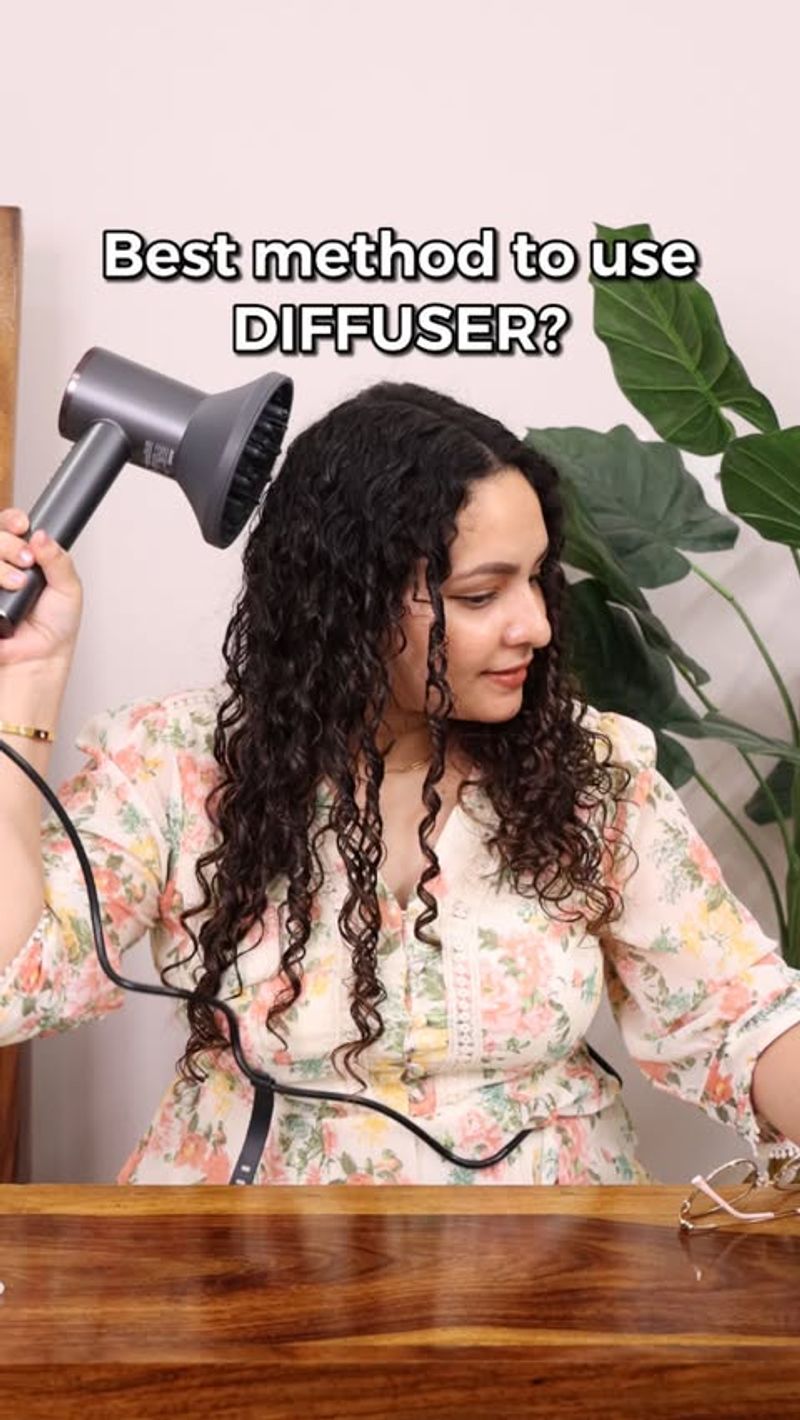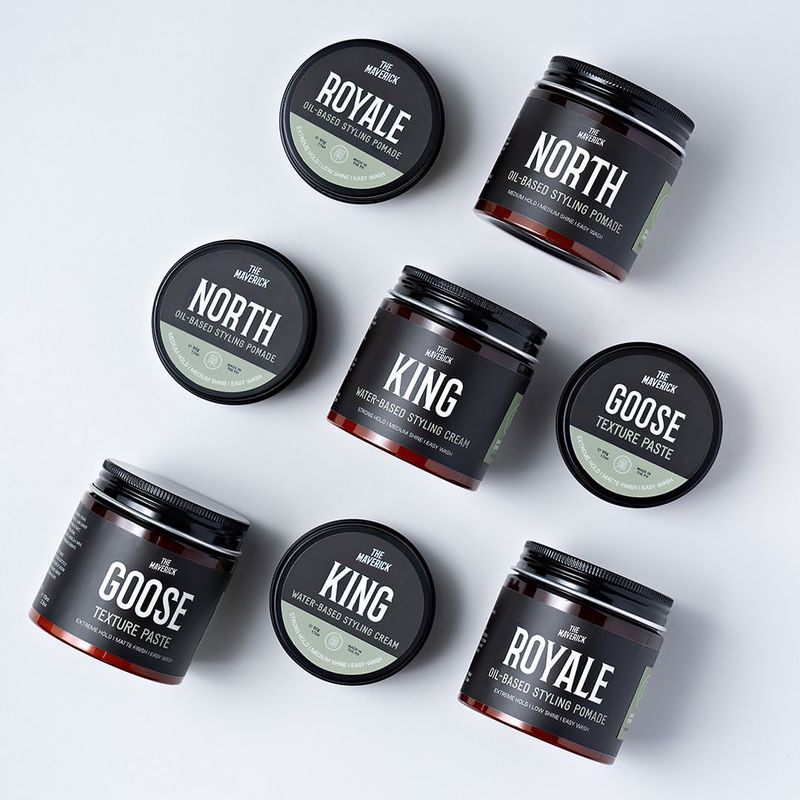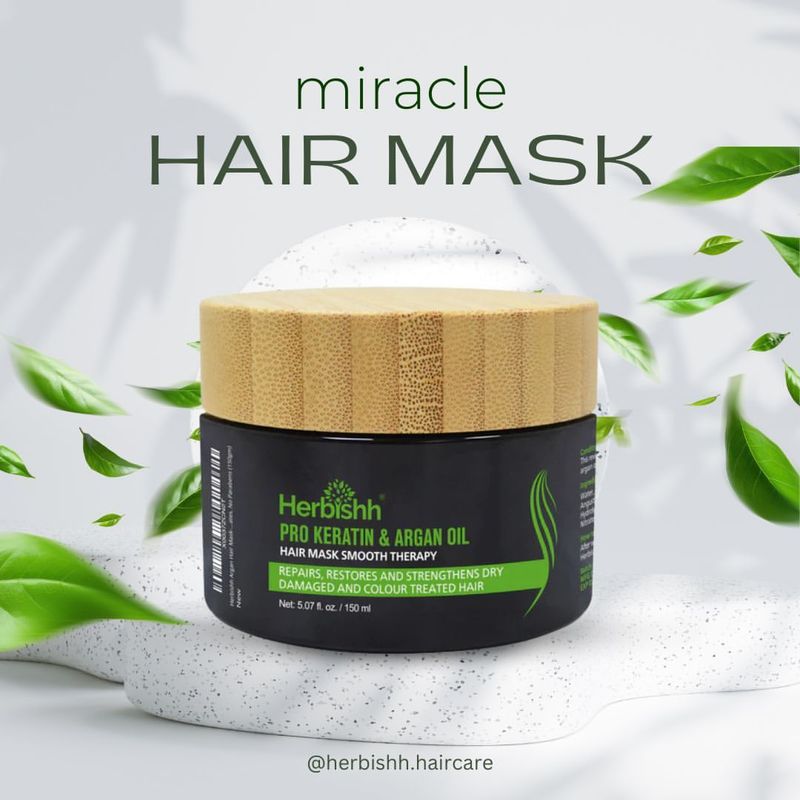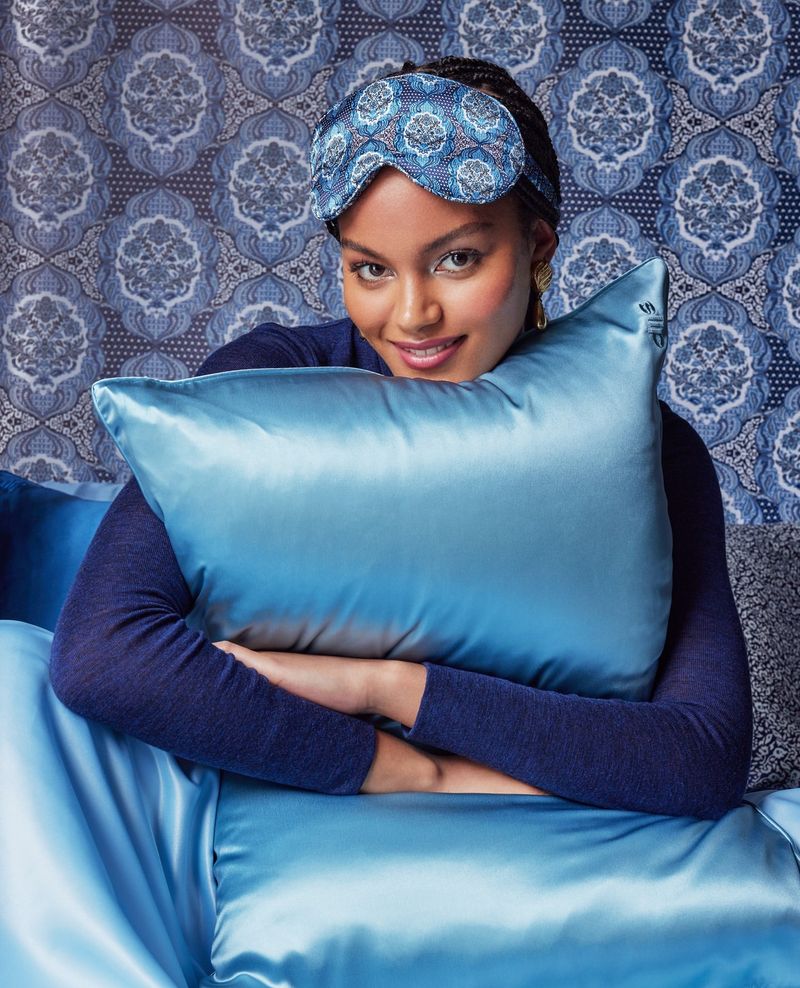Hair thinning is a common concern, often caused by everyday habits. From improper washing techniques to using harsh chemicals, small mistakes can lead to significant hair loss. By identifying and correcting these errors, you can enhance hair health and volume.
1. Over-washing Hair
Over-washing can strip natural oils, leaving hair dry and fragile. Aim to wash every 2-3 days. Use a sulfate-free shampoo to maintain moisture. Adjust washing frequency based on hair type and lifestyle to keep strands healthy and resilient.
2. Using Hot Water
Hot water dries out hair and scalp, weakening strands. Opt for lukewarm water to retain natural oils. Finish with a cool rinse to seal cuticles, enhancing shine and strength. This small temperature change benefits overall hair health dramatically.
Related: -7 Straight-Hair Problems No One Talks About And 8 Easy Fixes That Shine
3. Skipping Conditioner
Conditioner is essential for moisture and protection. It smooths the cuticle, reducing breakage. Apply mid-length to ends, avoiding roots to prevent greasiness. Rinse thoroughly to avoid residue. Regular use leads to softer, more manageable hair.
4. Sleeping with Wet Hair
Going to bed with wet hair might seem harmless, but it can actually weaken your strands. The friction between your hair and pillowcase can lead to breakage, especially when your hair is most fragile. To reduce the risk, dry your hair thoroughly before hitting the sack.
5. Brushing Wet Hair
Wet hair is more prone to breakage. Use a wide-tooth comb starting from ends to detangle. Avoid pulling and tugging. A detangling spray can ease this process, making it safer for your hair. This method prevents unnecessary stress on your strands.
6. Using Too Much Shampoo
Using excessive shampoo can strip your hair of natural oils, leaving it dry and vulnerable to breakage. Stick to a quarter-sized amount, adjusting slightly depending on your hair’s length and thickness. By using the right amount, you maintain your hair’s natural moisture balance. This helps in preventing unnecessary drying and thinning over time.
7. Improper Use of Hair Accessories
Using hair accessories incorrectly can strain your hair, leading to breakage and thinning. It’s essential to choose accessories that are gentle on your strands. Opt for smooth, snag-free designs that minimize damage. Avoid using metal clips and bands that pull on your hair and cause strain. Instead, try alternatives like fabric-covered bands or claw clips that distribute pressure more evenly.
8. Heat Styling Excessively
Frequent heat styling can weaken hair. Use heat tools sparingly, and always with a protectant spray. Lower temperatures and alternative styles can reduce damage. Embrace natural textures when possible to give hair a break from heat stress.
9. Skipping Heat Protectant
Skipping heat protectant can lead to severe damage. This invisible shield guards against high temperatures. Apply evenly before styling. It adds a protective layer, keeping hair healthier despite heat exposure. Consistent use preserves hair’s strength and shine.
10. Chemical Treatments
Frequent chemical treatments, like dyeing or perming, weaken hair. Limit exposure by spacing out treatments. Opt for gentler, ammonia-free dyes. Deep-conditioning masks restore moisture. Prioritize hair health over frequent changes to avoid thinning.
11. Incorrect Hair Brushing Technique
Using the wrong brushing technique can be detrimental to your hair’s health. Aggressive brushing can cause breakage and thinning over time, especially if your hair is already fragile. Opt for a gentle approach, starting from the ends and gradually moving upwards. This method minimizes breakage and keeps your hair fuller and healthier.
12. Skipping Regular Trims
Regular trims prevent split ends from worsening. Schedule cuts every 2-3 months to maintain hair health. Trims encourage natural growth and keep hair looking fresh. Even if growing hair, timely trims enhance strength and prevent breakage.
13. Wearing Hats Constantly
Wearing hats constantly traps moisture, leading to scalp issues over time. Allow your scalp to breathe by removing hats indoors. Regularly cleanse hats to avoid bacteria buildup. Balancing hat use ensures scalp remains healthy, encouraging better hair growth.
14. Not Drinking Enough Water
Hydration is vital for healthy hair. Lack of water leads to dry, brittle strands. Aim for 8-10 glasses daily. Water supports scalp health and strengthens hair from within. Prioritize hydration for noticeable improvements in hair texture and resilience.
15. Using Tight Headbands
Tight headbands can cause friction and tension on your hair and scalp, leading to potential hair loss over time. This is particularly true around the hairline where the band rests. Consider using softer, more flexible headbands that put less pressure on your scalp. This not only prevents damage but also provides more comfort during wear.
16. Overusing Hair Spray
Using too much hair spray can lead to build-up on your scalp, which can block hair follicles and lead to thinning. It’s crucial to allow your scalp to breathe, and overuse of styling products can hinder this.
17. Over-Brushing
Over-brushing can lead to breakage. Brush gently to distribute natural oils. Use soft-bristle brushes. Limit brushing to when necessary, and always detangle carefully. Proper brushing techniques maintain hair’s health and prevent unnecessary damage.
18. Stress
Stress affects hair health, leading to thinning. Practice stress-reduction techniques like meditation or yoga. Adequate rest and relaxation promote hair vitality. Managing stress effectively supports healthier hair, reducing the risk of stress-related hair loss.
19. Ignoring Hair Type Needs
Ignoring specific hair needs leads to poor results. Tailor products and routines to your hair type for optimal health. Curly, straight, or oily hair requires different care. Understanding your hair’s unique needs ensures it remains strong and vibrant.
20. Over-using Dry Shampoo
Dry shampoo is convenient but can cause buildup. Use sparingly and follow with a proper wash. Over-reliance leads to scalp issues and dull hair. Cleanse regularly to maintain a healthy balance and prevent potential thinning.
21. Sleep Deprivation
Lack of sleep disrupts hair growth cycles. Aim for 7-9 hours nightly. Quality rest supports cellular repair, benefiting hair health. Consistent sleep routines encourage optimal hair growth and prevent stress-induced thinning.
22. Using Hair Ties Too Tightly
Tight hair ties cause stress and breakage. Opt for looser ties or fabric options. Regularly change your hairstyle to minimize tension. This practice helps maintain healthy roots and prevents unnecessary damage from daily styling routines.
23. Forgetting to Detangle Before Showering
Detangling before washing is a step many skip, but it’s vital for preventing hair loss. Wet hair is more prone to breakage, and knots can worsen with washing. Use a wide-toothed comb to gently detangle hair before getting it wet.
24. Using Wrong Shampoo Type
Choosing the wrong shampoo leads to imbalance. Match shampoo to your hair type: moisturizing for dry hair, clarifying for oily. Proper selection enhances hair health. Tailored products ensure cleaner, healthier hair and support your specific hair needs.
25. Frequent Hair Touching
Constant touching transfers oils and dirt, leading to greasiness and breakage. Keep hands away to maintain cleanliness and strength. Practice mindful hair touching to prevent unnecessary stress on strands. Cleaner hair appears shinier and more vibrant.
26. Not Using Leave-in Conditioner
Leave-in conditioners provide lasting moisture and protection. Apply to damp hair, focusing on ends. It helps detangle, reduce frizz, and shield against damage. Consistent use enhances hair’s manageability and softness. This step is key for supple, healthy hair.
27. Using Harsh Hair Dyes
Harsh dyes weaken hair. Opt for ammonia-free or natural dyes to minimize damage. Regular conditioning treatments restore moisture. Gentle coloring techniques support healthier hair, preserving its strength and elasticity despite color changes.
28. Using Tight Hair Rollers
Tight hair rollers can put undue stress on hair shafts, weakening them over time. The tension from these rollers can cause breakage, especially when used frequently. If you’re noticing thinning hair, reconsider how you set your curls. Switch to loose rollers or heat-free curling methods. These alternatives are gentler on your hair and can reduce the likelihood of damage.
29. Improper Hair Drying Methods
Improper drying causes damage. Use a diffuser to distribute heat evenly. Opt for cool settings to minimize harm. Air drying is the gentlest method. Correct drying techniques preserve hair health and prevent unnecessary breakage and frizz.
30. Using Too Much Styling Product
Excessive styling products lead to buildup. Use sparingly and distribute evenly. Overuse weighs down hair and causes dullness. Find a balance for styling success without compromising hair health. Light, purposeful application enhances natural beauty.
31. Lack of Hair Moisture
Moisture is essential for elasticity and shine. Hydrating masks and oils replenish dry strands. Regular conditioning locks in moisture. Consistent care prevents breakage and maintains softness. Prioritize hydration to keep hair looking vibrant and healthy daily.
32. Not Protecting Hair During Sleep
Sleeping without protection leads to friction and breakage. Use silk wraps or pillowcases to reduce damage. Nighttime protection boosts hair health by minimizing stress and preserving styles. Adopt this habit for noticeably healthier, stronger hair.

